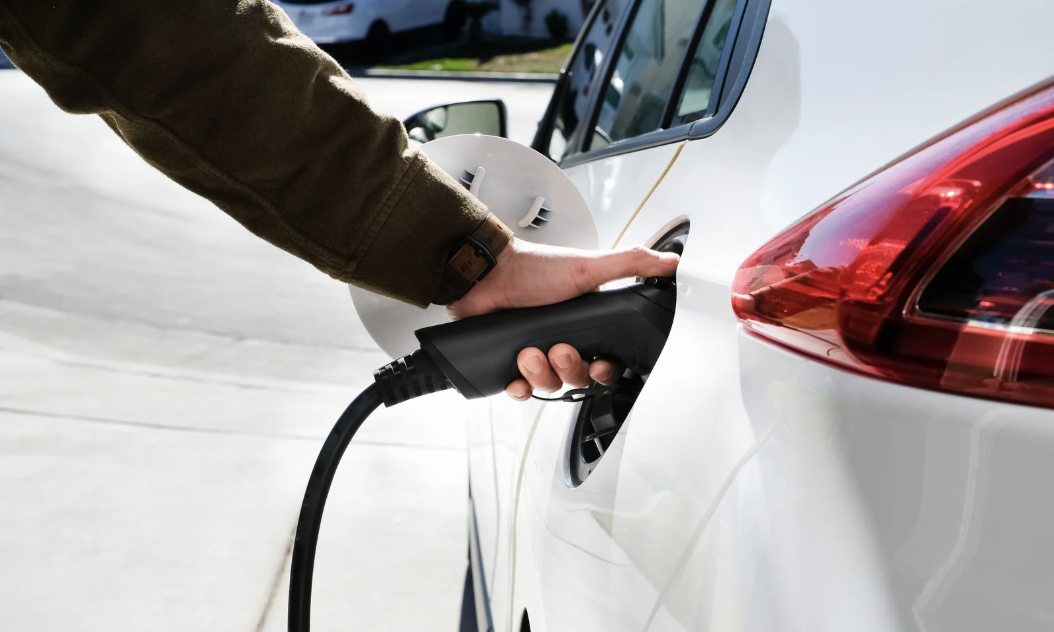In a landmark shift towards sustainable transportation, electric vehicle (EV) sales in the United States have reached unprecedented levels in 2024, with consumers increasingly turning to eco-friendly alternatives as part of a broader movement to reduce carbon emissions and reliance on fossil fuels. According to recent reports, EV sales have surged by 35% this year, marking a major milestone in the ongoing transition to greener, more sustainable transportation.
The rapid adoption of electric vehicles is being driven by several key factors, including advancements in battery technology, increased vehicle range, and the expansion of charging infrastructure across the country. Many automakers, from industry giants like Tesla and Ford to newer entrants like Rivian, are capitalizing on the growing demand, offering a wider range of EV models that appeal to a variety of budgets and preferences. Consumers are no longer limited to high-end luxury electric cars but can now choose from a diverse array of affordable options, including compact cars, SUVs, and trucks.
Federal and state incentives, such as tax credits and rebates, are also playing a significant role in the surge of EV sales. These financial incentives, along with increasing fuel prices, are encouraging more U.S. consumers to make the switch to electric, as the cost of ownership becomes increasingly competitive with traditional gas-powered vehicles. Additionally, the federal government’s push to electrify the transportation sector, including plans to install millions of new EV charging stations by 2025, has made EVs more practical for everyday use.
Automakers have been responding to the demand by ramping up production and announcing plans for future electric vehicle models. General Motors, for example, recently unveiled a new line of fully electric trucks aimed at competing with Tesla’s Cybertruck and Rivian’s R1T. These new offerings represent a broader trend in the automotive industry, where legacy manufacturers are shifting their focus toward sustainability in order to remain competitive in an increasingly eco-conscious market.
The rise of electric vehicles is also fueling the growth of the green energy sector. As more people adopt EVs, the need for cleaner, renewable energy sources to power them has grown. This has sparked greater investments in solar, wind, and other sustainable energy solutions, creating a positive feedback loop that helps both the environment and the economy.
While challenges such as the upfront cost of EVs and charging infrastructure expansion remain, the growth of electric vehicle sales in 2024 marks a significant step toward a more sustainable future. As U.S. consumers continue to embrace electric transportation, the shift away from fossil fuel dependence is gaining momentum, with far-reaching implications for both the automotive industry and the environment.


